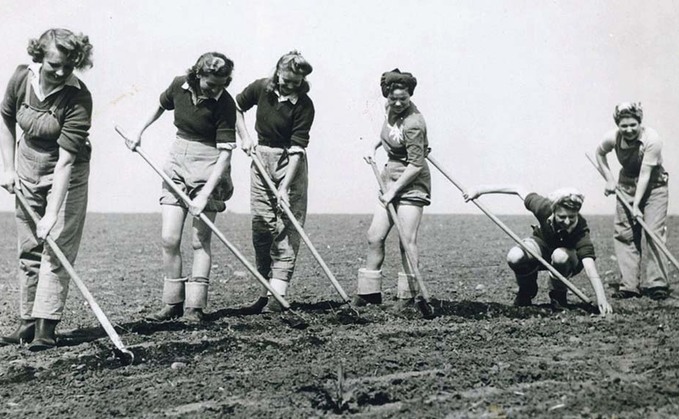
This week Farmers Guardians features editor, Emily Ashworth, explores how looking back could help us move forwards. It was Churchill who said, Those who fail to learn from history are doomed to repeat...

This week Farmers Guardians features editor, Emily Ashworth, explores how looking back could help us move forwards. It was Churchill who said, Those who fail to learn from history are doomed to repeat...